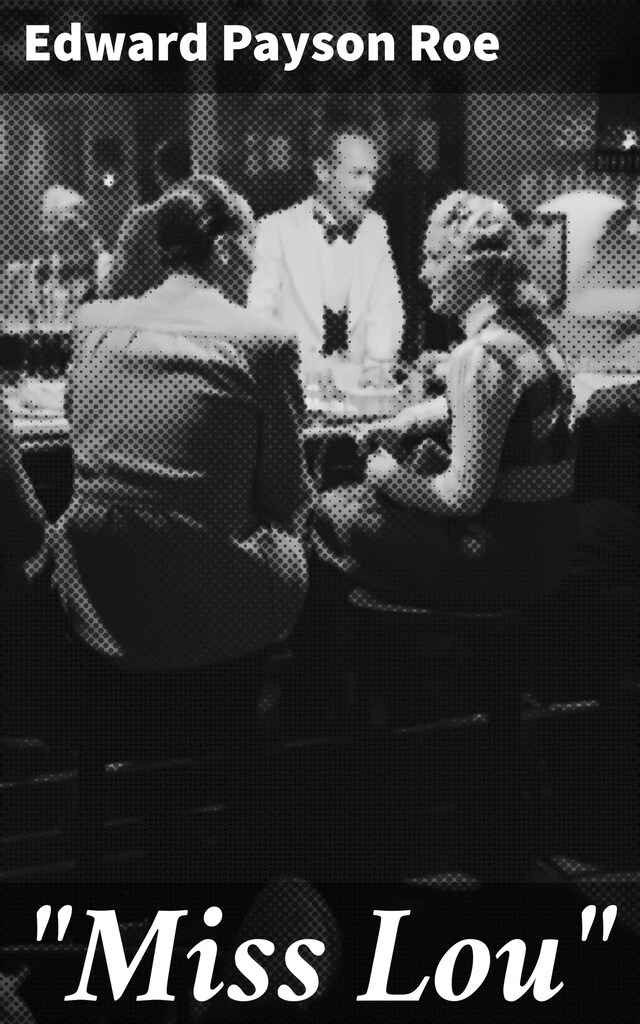
"Miss Lou"
Love, Loss, and Resilience in 19th Century America
Description of book
In "Miss Lou," Edward Payson Roe crafts a poignant narrative set against the backdrop of a post-Civil War Southern landscape, exploring themes of love, societal expectations, and the quest for personal identity. The novel employs a rich, descriptive style, vividly portraying the complexities of Southern life and the lingering scars of war. Roe'Äôs use of character-driven storytelling reveals the psychological intricacies of his individuals, particularly through the titular character, Lou, who epitomizes both strength and vulnerability, navigating a world fraught with social constraints and familial duty. Edward Payson Roe, a prominent American novelist and a staunch advocate of social reform, draws inspiration from his own experiences as a soldier and his commitment to addressing the shifting cultural dynamics of his time. Born into a family of strong moral convictions, Roe's narratives often reflected his belief in the moral imperative of personal responsibility and societal improvement. His background in both literature and theology provided an ethical framework that underpins the moral dilemmas faced by his characters in "Miss Lou." This novel is highly recommended for readers interested in historical fiction that interrogates the nuances of human emotion within a specific cultural context. Roe's ability to blend romance with social commentary makes "Miss Lou" a compelling read, inviting reflection on the enduring themes of resilience and personal growth.
 Edward Payson Roe
Edward Payson Roe 353 Pages
353 Pages